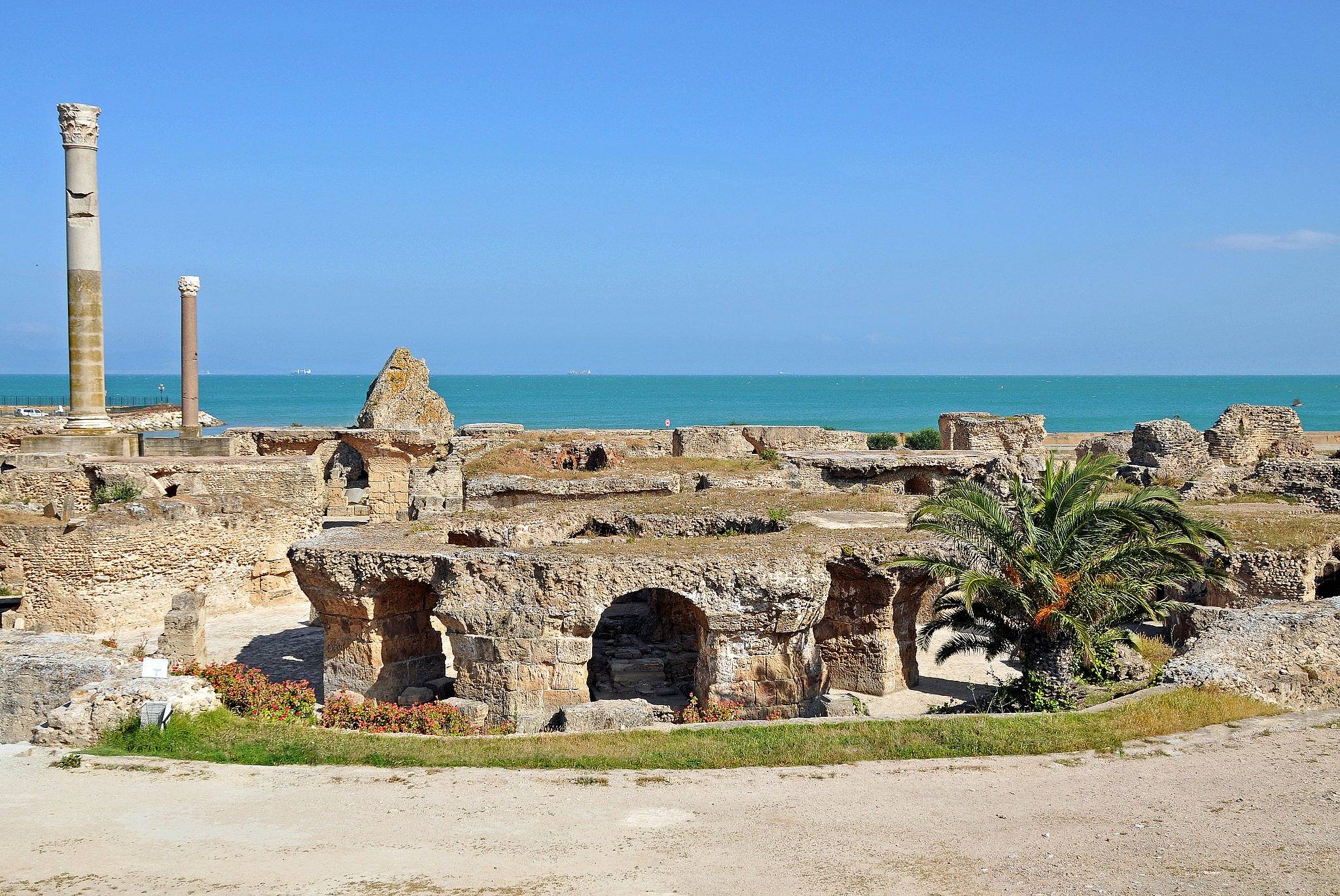
Whether you’re wandering through ancient ruins, shopping in bustling souks, or enjoying a mint tea with a sea view, Tunis offers a deeply authentic and enriching experience.
In this guide, you’ll find everything you need to plan your visit: top places to see, museums to explore, things to do, where to eat, and day trips not to miss.
The Medina of Tunis, founded in the 7th century, is one of the best-preserved Arab-Muslim medinas in the world. Listed as a UNESCO World Heritage Site, it’s a captivating labyrinth of narrow alleys, traditional souks, palaces, and mosques.
Zitouna Mosque: Built in 732 AD, this is the oldest mosque in Tunis and a masterpiece of Islamic architecture.
Souk el Attarine: A traditional market of perfumes and spices that fills the air with exotic aromas.
Souk des Bijoutiers: Perfect for finding gold, silver, and handcrafted jewelry.
Dar Ben Abdallah: A beautiful 18th-century palace turned museum, showcasing daily life in the Medina during the Ottoman period.
Tourbet el Bey: A royal mausoleum that houses the tombs of the Husainid Dynasty.
The Medina isn’t just about history—it’s a living city within a city, filled with artisans, scholars, merchants, and cafés. Let yourself get lost in its magical streets.
No visit to Tunis is complete without exploring the Bardo National Museum, located in a former Beylic palace. It houses one of the world’s greatest collections of Roman mosaics, excavated from ancient sites across Tunisia like Dougga, El Djem, and Carthage.
Massive, detailed mosaics from Roman villas.
Punic artifacts from ancient Carthage.
Islamic art and manuscripts.
A journey through Tunisia’s layered civilizations: Berber, Phoenician, Roman, Arab, and Ottoman.
The museum itself is stunning, with ornate ceilings and elegant arches—a perfect blend of art and architecture.
Escape the city bustle and head to the northern suburbs of Tunis, easily accessible by taxi, car, or the TGM train.
Once Rome’s great rival, Carthage is now a collection of evocative ruins:
Tophet: Sacred site linked to ancient Phoenician rituals.
Antonine Baths: Vast Roman baths on the sea.
Roman Villas and Amphitheater: Echoes of imperial grandeur.
The Carthage Museum, located on Byrsa Hill, gives visitors a sense of the city's majestic past.
This hilltop village is famous for its blue shutters, white walls, and bohemian vibe. It’s a magnet for artists and romantics alike.
Visit Ennejma Ezzahra Palace, once home to a French musicologist, now a museum.
Enjoy sea views at Café des Délices, made famous in Patrick Bruel’s song.
Shop for ceramics, carpets, and handmade crafts.
For a relaxing afternoon:
Stroll the seaside promenade.
Enjoy fresh seafood in a stylish restaurant.
Watch locals play beach football as the sun sets.
Tunisian cuisine is bold, spicy, and full of Mediterranean soul. Here are some local favorites:
Dar El Jeld (Medina): Dine in a restored palace, enjoy couscous, lamb with dried fruits, and brik.
Fondouk El Attarine (Medina): Atmospheric restaurant with classic Tunisian flavors.
Le Golfe (La Marsa): Elegant seaside dining, known for its seafood and sunset views.
Villa Didon (Carthage): Stylish, contemporary, and gourmet.
Brik à l’œuf: A deep-fried pastry with egg and tuna.
Ojja Merguez: Spicy tomato and pepper stew with lamb sausage.
Lablabi: Chickpea soup served with bread, olive oil, and harissa.
Bambalouni: Tunisian doughnuts sprinkled with sugar—perfect with coffee.
Medina Souks: Best for handcrafted souvenirs.
Tunis City Mall and Carrefour La Marsa: Modern shopping options.
Theatre de l’Etoile du Nord: Independent performances and concerts.
International Festival of Carthage (summer): Music, dance, and theater in an ancient Roman amphitheater.
Enjoy a traditional hammam (Turkish bath) at places like Hammam Dar Lasram or Hammam El Kachachine.
Visit the Belvedere Park and Zoo for a green break in the city.
Tunis offers a wide range of accommodation options:
La Villa Bleue (Sidi Bou Said)
Dar El Jeld Hotel & Spa (Medina)
Hotel Carlton (Downtown Tunis)
Dar Said (Sidi Bou Said)
Hostel Medina
Hotel Royal Victoria
Best Time to Visit: March–May and September–November (pleasant weather, fewer crowds).
Language: Arabic and French are widely spoken; English in tourist areas.
Currency: Tunisian Dinar (TND) – bring some cash; small shops may not accept cards.
Transport: Use taxis or the metro light rail; the TGM train is best for trips to Carthage and the coast.
Tunis isn’t just a capital—it’s a living mosaic of cultures, colors, and civilizations. It’s where the Phoenicians sailed in, the Romans ruled, the Arabs built mosques, and where today, locals sip coffee in French-style cafés under palm trees.
Whether you're exploring ancient ruins, shopping for spices, admiring street art, or soaking in the sun by the sea, Tunis has something that will stay in your heart long after your trip ends.
✨ Visit Tunis now… and feel the rhythm of Tunisia’s soul.